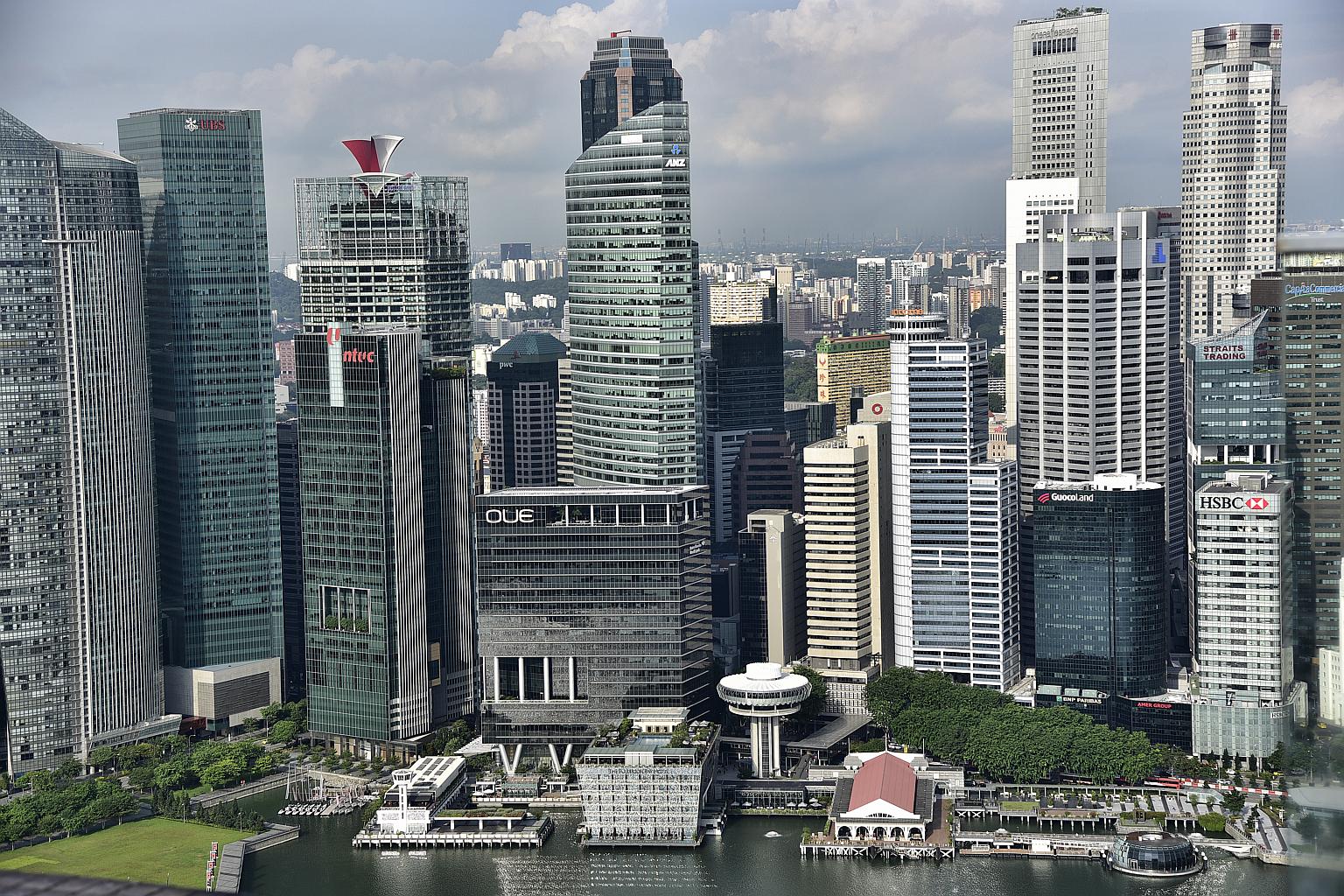Budget 2018: Tax experts call for targeted tax incentives to boost productivity
Sign up now: Get ST's newsletters delivered to your inbox

The Singapore Institute of Accredited Tax Professionals has proposed a raft of measures to boost the nation's productivity and help businesses take advantage of emerging technologies.
PHOTO: ST FILE
Wong Kai Yi
Follow topic:
SINGAPORE - The Singapore Institute of Accredited Tax Professionals (SIATP) has called for the upcoming 2018 Budget to introduce targeted tax incentives to boost the nation's productivity and help businesses take advantage of emerging technologies.
In a media statement on Thursday (Jan 18), the professional body proposed a raft of measures: enhancing the existing research and development (R&D) scheme; introducing a double deduction scheme for training expenses; encouraging R&D activities in startups and small and medium enterprises (SMEs) and introducing a fintech tax incentive.
With the expiry of the Productivity and Innovation Credit (PIC) scheme in year of assessment 2018 (YA 2018), SIATP proposed that either the Economic Development Board or Spring Singapore could oversee a scheme where qualifying expenditure on approved R&D projects could see an additional 100 per cent to 200 per cent deduction, subject to a suggested annual cap of S$500,000.
The recommendation comes amid Thailand granting up to 300 per cent tax deductions for eligible expenditures incurred on R&D activities carried out in-country, and Hong Kong's implementation of a 300 per cent tax deduction on the first HK$2 million (S$338.03 million) of qualifying R&D expenditure, with a 200 per cent deduction on expenditure after.
The expiry of the PIC scheme would also mean there will not be any specific tax schemes for businesses to offset training costs, to which SIATP suggested the introduction of a double deduction for training expenditures, with a suggested annual spending cap of S$500,000.
Local startups and small and medium-sized enterprises (SMEs) should also be considered for a double or triple deduction on qualifying R&D expenditure, SIATP said, which would provide an attractive environment for startups to establish themselves in Singapore, and also provide an incentive for SMEs to innovate.
To further develop the fintech ecosystem in Singapore, SIATP also suggested a concessionary tax rate of 10 per cent or lower targeted at the fintech sector to help businesses innovate in the areas of mobile or cashless payment systems, blockchain technology, cryptocurrency and initial coin offerings.
This would be on top of current initiatives like the Financial Sector Technology and Innovation Scheme overseen by the Monetary Authority of Singapore.
SIATP chairman Gerard Ee said that with the economy set to grow, targeted tax incentives would form a "hat trick" to help accelerate companies' growth and productivity.

